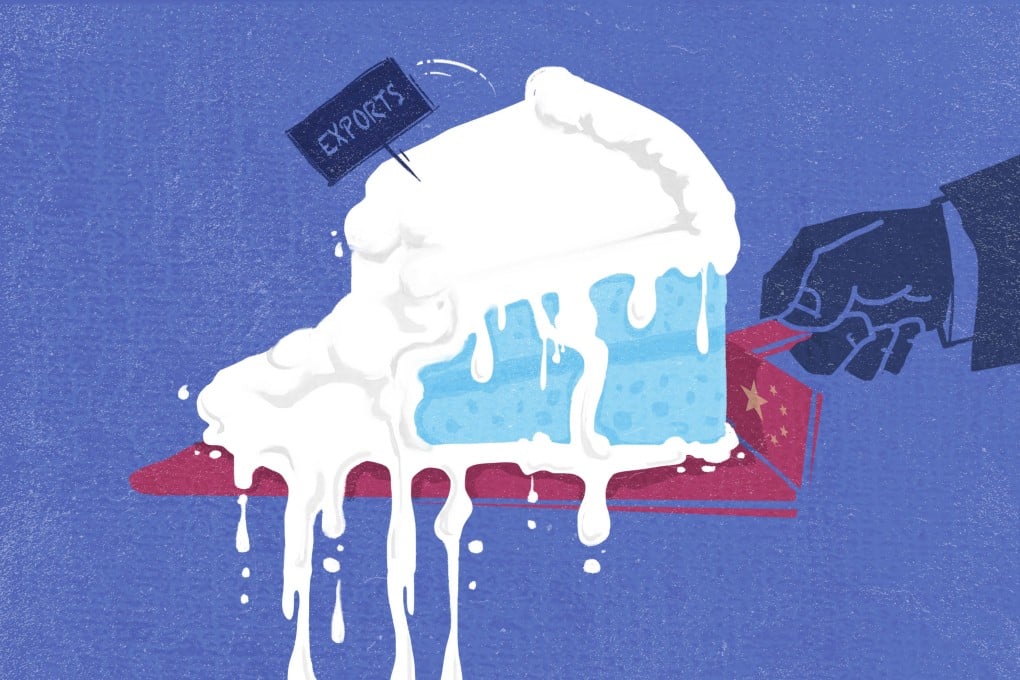China trade: US, EU de-risking isn’t going away, ‘the worst is yet to come’ for exports
- A global supply-chain upheaval is set to persist for years, according to analysts, but China’s entrenched advantages and ‘resiliency’ still give it a manufacturing edge
- China is shipping fewer goods than it has since the onset of the pandemic, as all major trade partners except Russia are ordering less from Chinese exporters

While the widespread reach of a global economic slowdown is seen as the primary reason behind China’s sharp drop in exports, economists and trade experts warn that the impact of “de-risking” efforts by developed countries cannot be underestimated, as “the worst is yet to come”.
Chinese exports suffered their steepest decline in June since the early months of 2020, tumbling by 12.4 per cent compared with a year earlier, after turning negative growth and dropping by 7.5 per cent in May.
The June slump occurred across most of China’s trading partners, including developed and emerging economies – except for Russia, to which Chinese exports increased by 91 per cent, year on year. But Russia’s share of China’s total exports was only 3.4 per cent.
These types of trade pains are also being felt across other Asian export powerhouses. In June, South Korea recorded a 6 per cent year-on-year drop in exports, which have declined for nine months in a row. Taiwan’s exports plunged 23.4 per cent, the 10th consecutive month of declines and the steepest slump in almost 14 years. Shipments from Vietnam also declined for the fourth straight month, by 10.25 per cent.
“There’s a genuine slowdown in global activity, which is hitting most Asian economies pretty hard,” said Nick Marro, the lead analyst for global trade at the Economist Intelligence Unit (EIU).